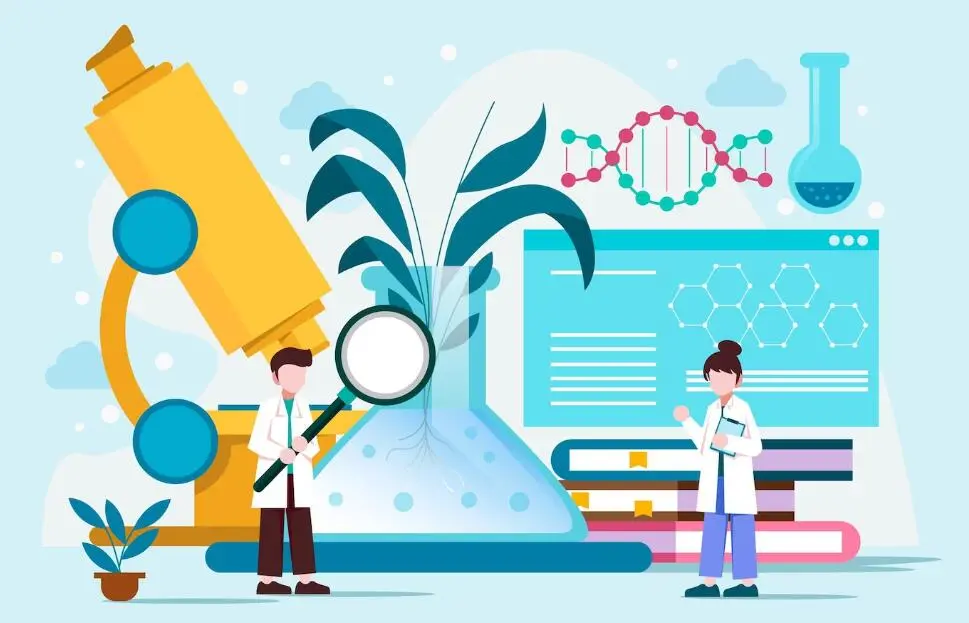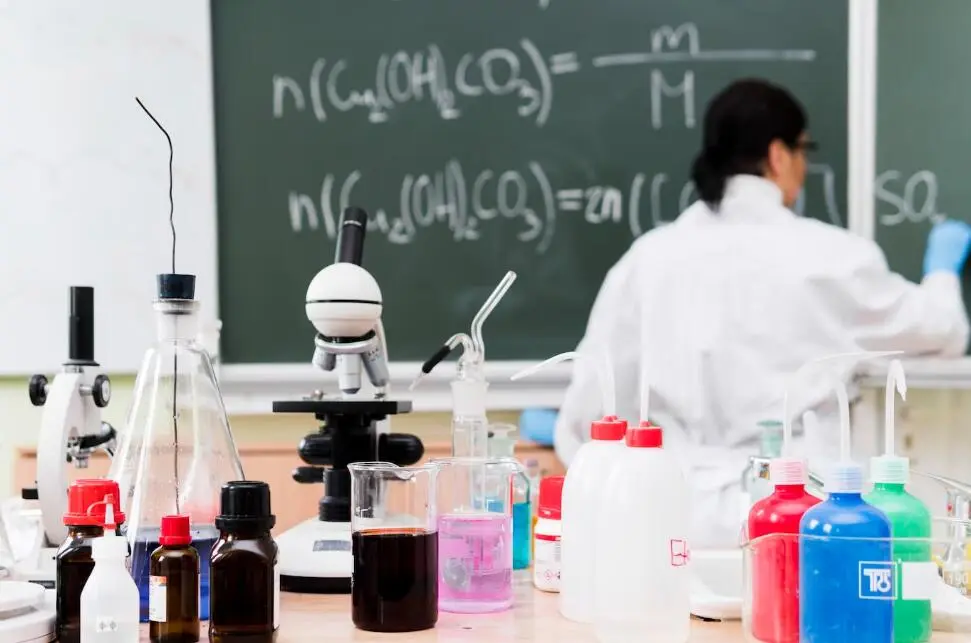Chemistry, often termed as the “central science,” bridges other natural sciences like physics, biology, and geology. It provides insights into the world around us, from the composition of matter to intricate reactions powering everything from cells to stars. In educational settings, assessing a student’s grasp of chemistry concepts can be both enlightening and challenging. Assessments play a crucial role in shaping curricula, guiding instruction, and ensuring the competency of learners.
Article overview
- Part 1: 5 Creative Chemistry Knowledge Assessment Ideas
- Part 2: OnlineExamMaker: Best Online Chemistry Knowledge Assessment Platform
- Part 3: How to Create an Online Chemistry Knowledge Assessment with OnlineExamMaker
5 Creative Chemistry Knowledge Assessment Ideas

Here’s an exploration of five distinct chemistry knowledge assessment methodologies for educational institutions and organizations.
1. Traditional Written Exams
The tried-and-true method, traditional written exams, whether administered on paper or digitally, usually include multiple-choice, short answer, or essay questions. These exams offer several advantages. They are universally recognized and can easily be graded, especially with automated tools for multiple-choice questions. Moreover, they offer a standardized measure, allowing educators to compare the performance of students across different periods or settings.
However, there are limitations. Written exams often assess a student’s memory more than their genuine understanding. They might not fully gauge practical skills or the application of knowledge in real-world scenarios. Moreover, the stress of timed exams can hamper performance, leading to an inaccurate representation of a student’s true abilities.
Just to let you know
Sign up for a free OnlineExamMaker account to create an interactive online quiz in minutes – automatic grading & mobile friendly.
2. Laboratory Practicals
Engaging students in hands-on experiments, laboratory practicals are a staple of chemistry education. These assessments provide an opportunity for learners to demonstrate their grasp of chemical principles in a tangible setting. The advantages are evident: students immerse themselves in real-world applications, they get familiarized with experimental procedures, and importantly, with lab safety.
However, these practicals are not without challenges. Schools and organizations require well-equipped labs, trained supervisors, and strict adherence to safety protocols. Furthermore, grading can become a complex task, given the multifaceted nature of experiments.
3. Interactive Digital Simulations

With the rise of technology, digital simulations have made a significant mark in educational assessments. These virtual labs allow students to conduct experiments in a controlled, digital space. The advantages? These are safe and can be accessed from anywhere – be it a classroom or the comfort of one’s home. Digital simulations conserve real-world resources and offer a unique opportunity to simulate experiments that are too dangerous, rare, or expensive to conduct in a school lab setting.
4. Oral Presentations and Defense
Diverging from the conventional, oral presentations require students to articulate their understanding of specific topics. Such assessments can be in the form of project presentations or defense of a particular thesis or idea. They are excellent for honing communication skills and encourage students to delve deeply into topics. Peer assessments can also be integrated, promoting a cooperative learning environment.
Yet, oral assessments can be daunting. They might intimidate students who are uncomfortable with public speaking, and grading can become a challenge due to its subjective nature.
5. Project-Based Assessments
Project-based assessments champion the application of knowledge. Students might be tasked with designing a new experiment, modeling a chemical reaction, or even creating educational resources. Such projects encourage deep understanding, creativity, and often showcase real-world applicability of chemistry concepts.
OnlineExamMaker: Best Online Chemistry Knowledge Assessment Platform
With OnlineExamMaker, you can create online chemistry knowledge exams, quizzes to assess leaners’ knowledge of students, and boost their engagement & improve knowledge retention. Supporting up to 10 question types, teachers are able to create quizzes with multiple-choice, true or false, matching, and open-ended questions, OnlineExamMaker provides flexibility in creating professional assessments.
Key Features:
• Certifications and badges to recognize learner achievements.
• Surveys and feedback forms for gathering learner insights.
• E-commerce functionality for selling exams and courses online.
• Access your exams on any device, anywhere anytime.
• Bulk import questions, candidates from your device.
How to Create an Online Chemistry Knowledge Assessment with OnlineExamMaker
Step 1: Login to OnlineExamMaker.
Step 2: Prepare questions
Prepare chemistry knowledge questions, then upload them in bulk to OnlineExamMaker question bank.
Step 3: Create an exam
Make a new online exam, edit information, add questions, and set exam settings.
Step 4: Publish & share
Publish the chemistry assessment, the assign it to a student group.
Create Your Next Quiz/Exam with OnlineExamMaker
In conclusion, chemistry assessments, like the science itself, are diverse and intricate. A multi-faceted approach, employing a blend of the methods mentioned above, might be the best strategy. What’s essential is aligning the assessment method with the desired learning outcome, ensuring that students not only understand but can apply and appreciate the beauty of chemistry. As we progress into an era marked by technological advances and interdisciplinary learning, schools and organizations are encouraged to be innovative, dynamic, and flexible in their assessment strategies.